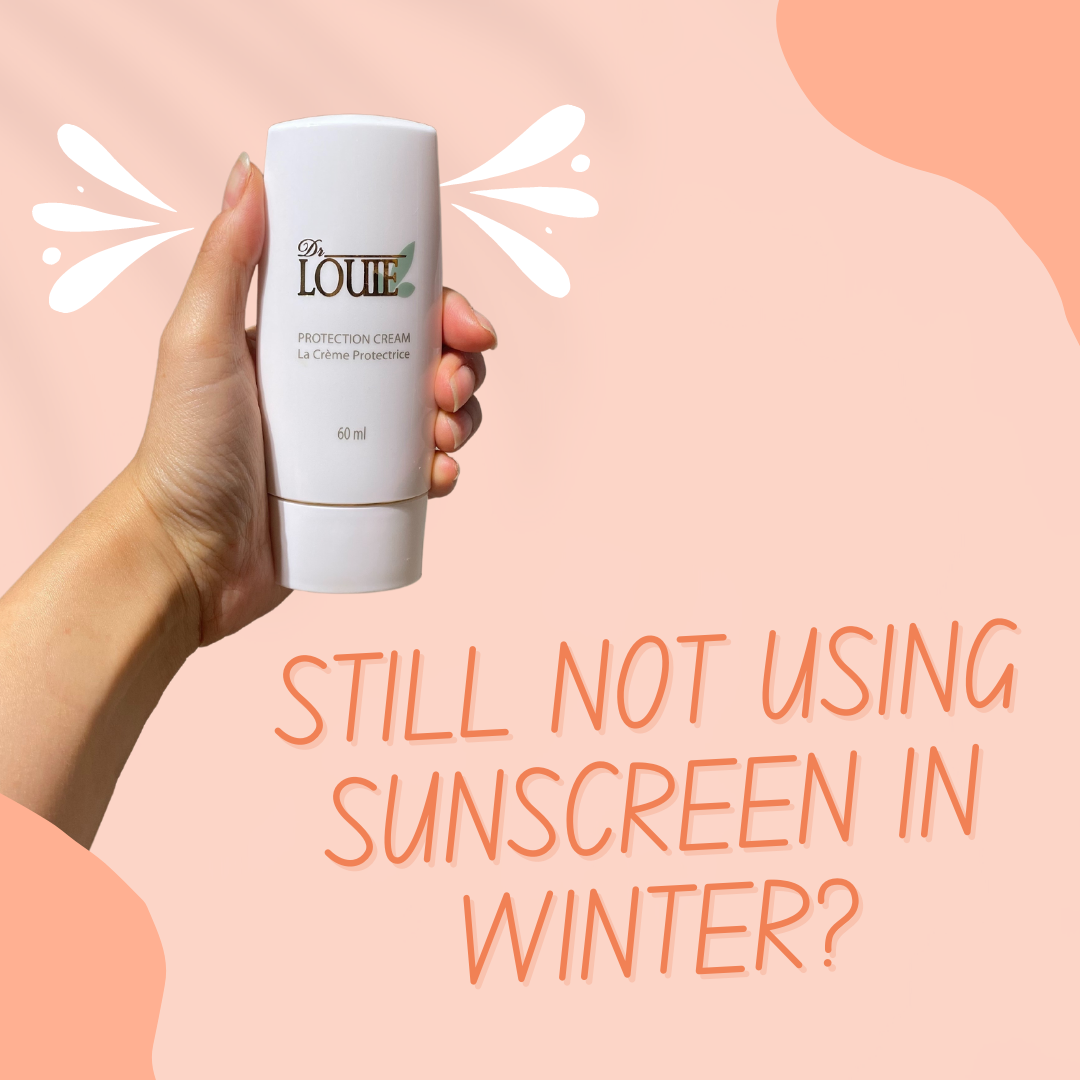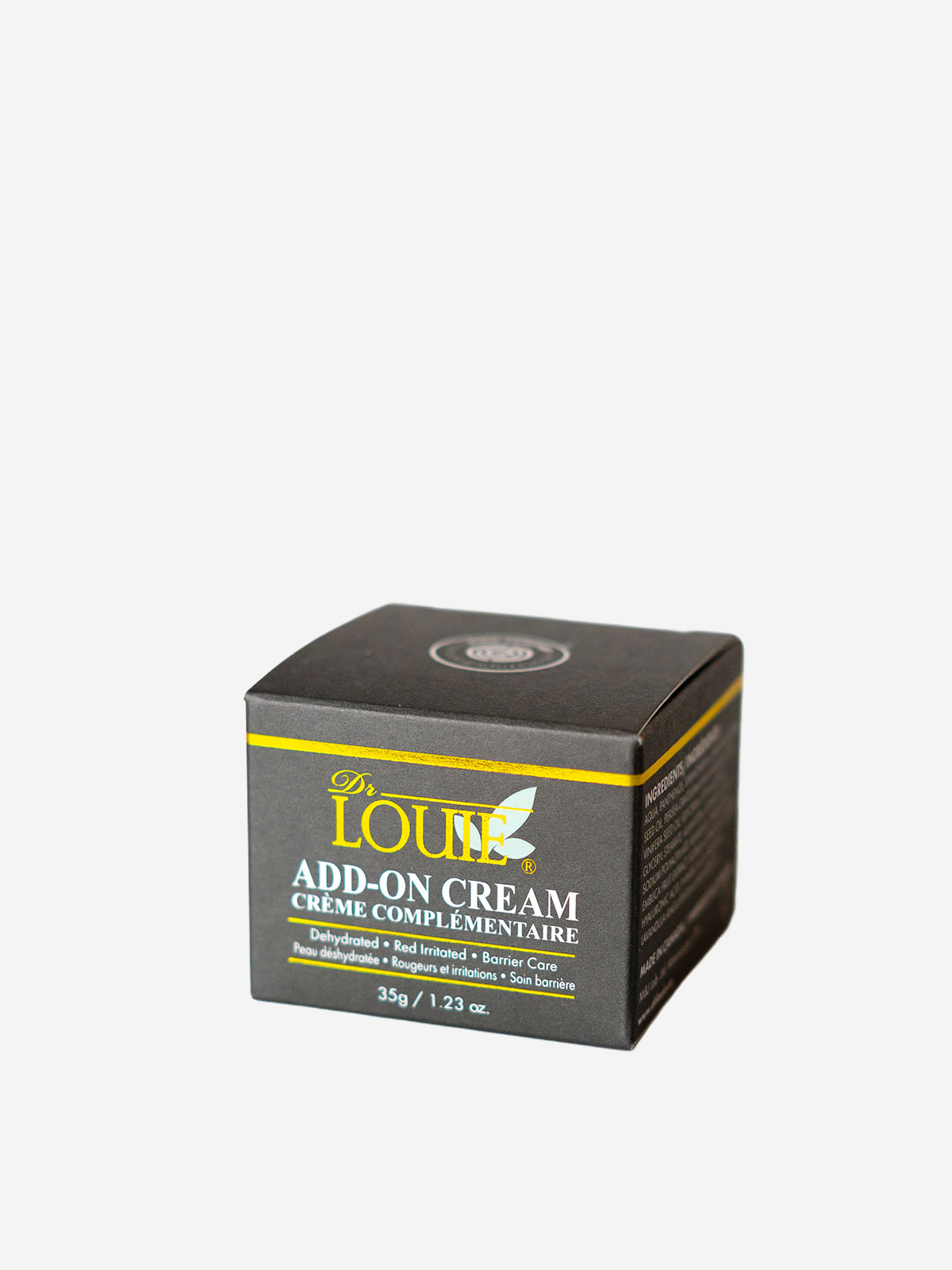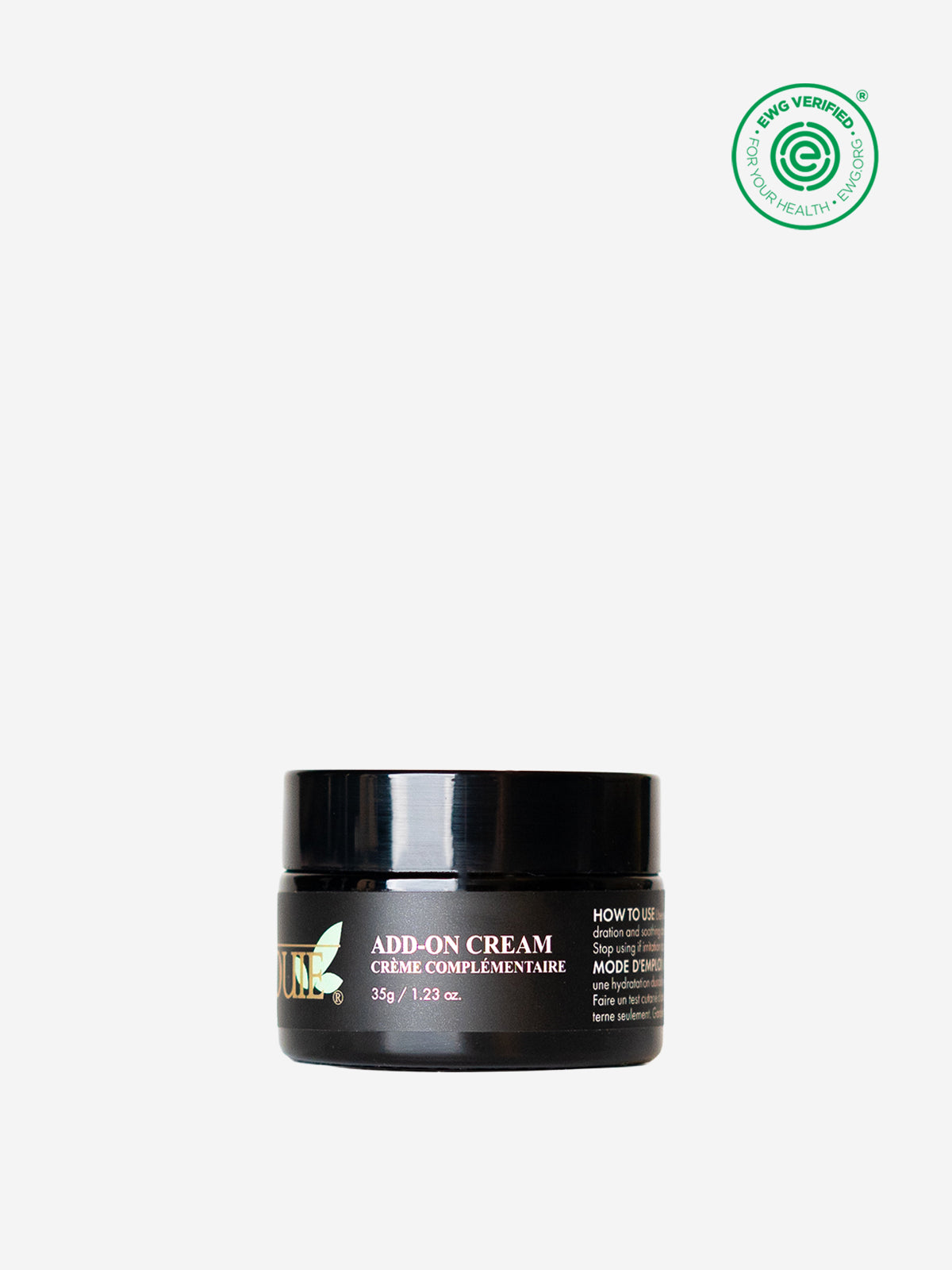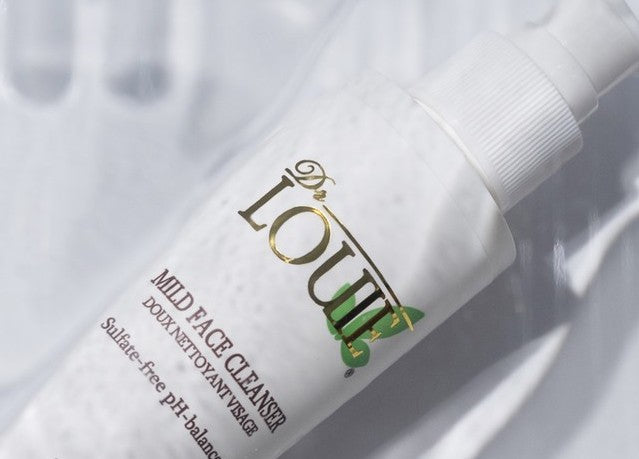
Still think that sunscreen is not important in winter? Think again!
Quick links:
“It’s winter. There’s no sun, and UV is low. So there’s no need for sun protection.”
Put your hand up if that’s what your thoughts are about sun protection in winter. There’s nothing wrong with that thinking other than the fact your skin will be upset with you for not giving it the protection it needs!
Many people tend to be more careful with sun exposure in summer because the sun is much stronger in summer than it is in winter. And because of that, many people think that there is no need to apply sun protection. And indeed, the sun is weaker in winter, and our skin doesn’t burn as much compared to summer. That is because UVB, one of the rays emitted by the sun that causes sunburn, is much lower in winter.
However, there are two things to keep in mind about the UV rays in winter.
One is that the UV rays reflected off the snow in winter is about 4 times higher than the UV rays in summer: the UV rays reflected off of soil and asphalt is about 10% whereas UV rays reflected off of the snow is about 80%.
The other is that UVA, which causes premature skin aging and penetrates more deeply into the skin, is still present in winter, penetrates clouds AND windows, causing damage to our skin.
You may also be thinking, ‘well even if UVAs are present in winter, we’re all wearing medical masks due to COVID-19. Since the masks are covering our faces, they’ll shield our skin against UV rays.’
Think again. These medical masks may protect us from infection, but NOT from UV rays. So even if we are wearing masks, without proper sun protection, your skin is vulnerable to sun damage.
UV rays are largely divided into UVA, UVB, and UVC.
- UVB: UVB rays are shorter UV rays that cause sunburn and can cause damage to the outer layer of the skin, epidermis. And they are the main contributor to skin cancer, such as malignant melanoma, which can be deadly.
- UVA: UVA rays, longer UV rays, also contribute to skin cancer. But it mostly causes premature skin aging because it penetrates more deeply into the skin, dermis, resulting in a more permanent damage. It is important to note that about 95% of the UV lights that reach our skin are UVA rays. And UVA rays can penetrate glass and clouds unlike UVB rays. This means that to protect your skin against UVAs, you need to wear sun protection in winter as well.
- UVC: UVC rays can damage your cornea, but it cannot penetrate the ozone layer. So as long as you are living in an area with the ozone layer intact, you do not need to worry about UVCs.
So in winter, the type of UV rays we need to protect our skin from are UVAs. No matter how good an anti-aging product you use, if you don’t PREVENT with proper sun protection, it’s useless.
More about the damages of UVAs

In addition to skin aging, UVAs, when they come in contact with the skin, penetrate deep into the dermis, causing age spots, freckles, hyperpigmentation, etc.
That is because the growth factors in the dermis actively work to recover the skin damaged the UVAs. When these growth factors interact with melanin cells in epidermis, it causes overproduction of melanin, causing hyperpigmentation, age spots, freckles, and etc.
Furthermore, UVAs also contribute to formation of dark circles AND destroy collagen.
As mentioned earlier, UVAs activate melanin production, which causes freckles, age spots, and hyperpigmentation. The skin under the eyes doesn’t have a lot of collagen and tends to be more delicate and thinner than the rest of the face. So this area is very sensitive to UVAs. Using sun protection will help prevent dark circles as well.
So we really want to be careful with UVAs in winter.
One of the best ways to protect our skin against UVAs is….? You guessed it! Sun protection!
There are two types of sunscreen: physical and chemical.
Physical (inorganic/mineral) sunscreen
These include zinc oxide and titanium dioxide. In the past, they were known to protect the skin against UVAs and UVBs by reflecting them, but recent studies have shown that these inorganic sunscreens work by absorbing them.
Pros:
- Less likely to irritate sensitive skin
- Your skin is protected as soon as it is applied.
- Can stay on longer in direct sunlight
Cons:
- Need to be reapplied more frequently because can rub off or rinse off easily in the presence of moisture
- Can leave a white cast
- Can feel thicker, especially under makeup, and requires much more rubbing than chemical sunscreen
- Can feel drying after a while
- Because they sit on the skin, they could cause breakout in people with acne-prone skin.
These days, the white cast issue with physical sunscreen has been somewhat resolved through nanotechnology. HOWEVER, the issue with this nano physical sunscreen is that because it is so small, it can find its way into our bloodstream. More research still needs to be done to conclude on its safety.
Chemical (organic) sunscreen
These include octocrylene, homosalate, octisalate, octinoxate, etc. They work by absorbing UV rays and changing them into heat, then releasing that heat from the skin. As a result, UV rays are not absorbed by the skin.
Pros:
- Much thinner and more spreadable than physical sunscreen, meaning goes on much smoothly
- Can be formulated to include antioxidants, which help boost the sun protection activities, and peptides, which stimulate more collagen production
- Does not feel heavy alone or under makeup
Cons:
- Requires 10-15 minutes to become effective after application
- Increases chance of irritation and stinging
- In direct sunlight, could degrade faster than physical sunscreen, meaning in direct sunlight, it needs to be reapplied more frequently.
This may leave you wondering which sunscreen agents you should use.
The simplest answer is, whatever feels good on your skin.
Sun protection is something you’ll be wearing every single day. So it is important to find the sunscreen agent that works best for your skin.

At DrLOUIE, we use a patented technology that encapsulates chemical sunscreen, called UV Pearls, in our Protection Cream. They are like “Sunglasses for the Skin.” These UV Pearls combine the BEST OF THE BOTH WORLDS:
- Just like physical sunscreen: UV Pearls sit on the skin like physical sunscreen and absorb UV rays.
- No worries about skin irritation: Because they are encapsulated, the chemical sunscreen does not come in contact with the skin, which eliminates the concern about skin irritation and skin absorption.
- Effective for longer: Encapsulation technology has made the chemical sunscreen, which tends to degrade faster in direct sunlight, more stable, making it more effective for a longer period of time!
- Superb texture: AND it spreads easily, without white cast, and gives superb moisturization.
What’s even more is that Protection Cream includes ingredients that offer far more than just sun protection:
EmblicaTM
- Boost sun protection of the UV pearls with cascading antioxidants that fight off free radicals from the sun, which cause skin aging
- Brightens dull skin complexion
Bisabolol
- Active ingredient extracted from chamomile known to soothe redness, irritation, and itchiness
- Brightens dull skin complexion
Learn more about this game changing sun protection, Protection Cream.
Related article: Another reason for skin aging? The SUN!



![[Anti-aging Health Foods and Recipes] Seaweed](http://drlouie.ca/cdn/shop/articles/Seaweed_algae.jpg?v=1634696841&width=1280)
